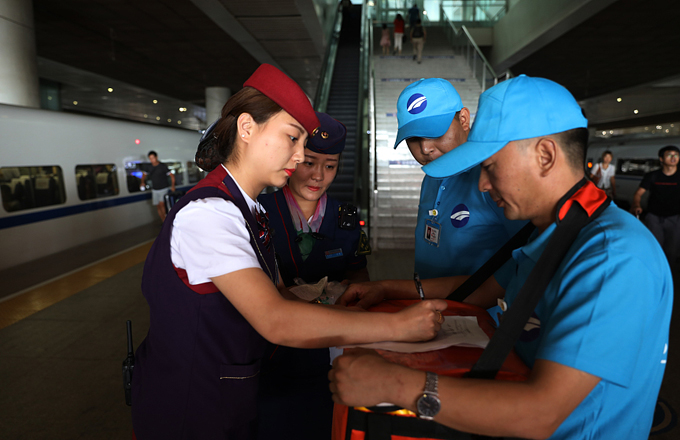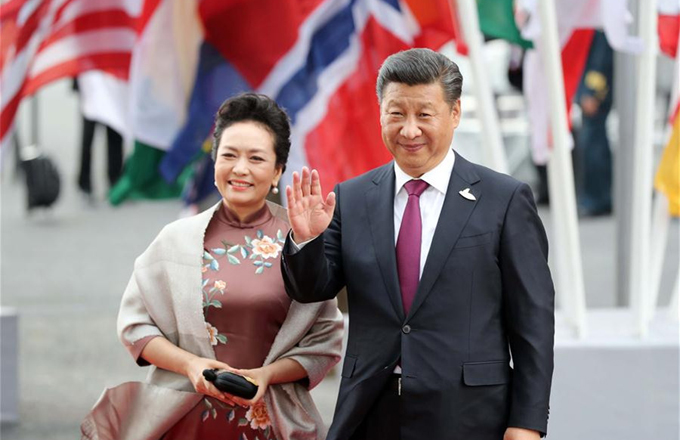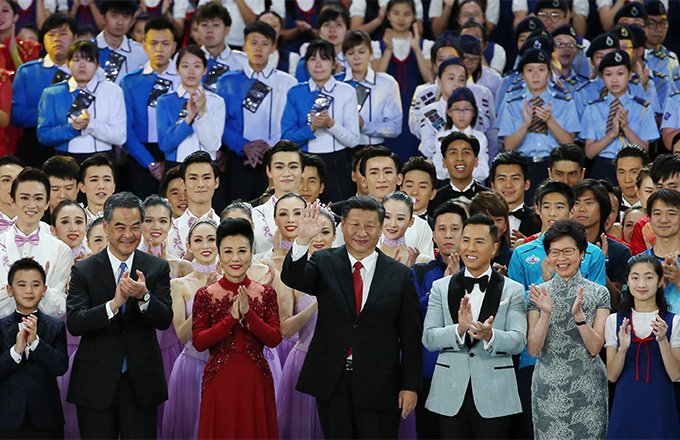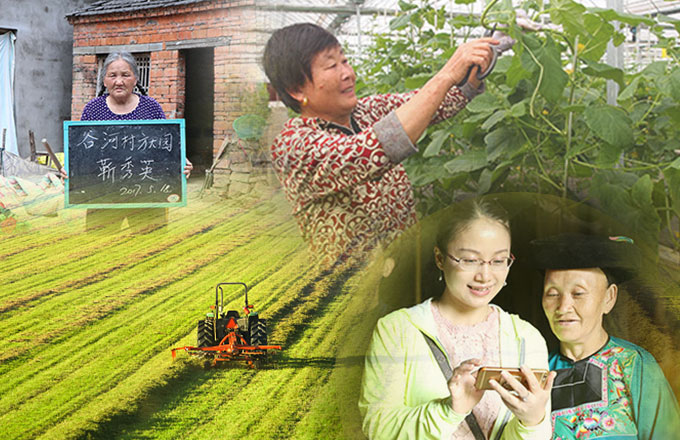Passing down the business
|
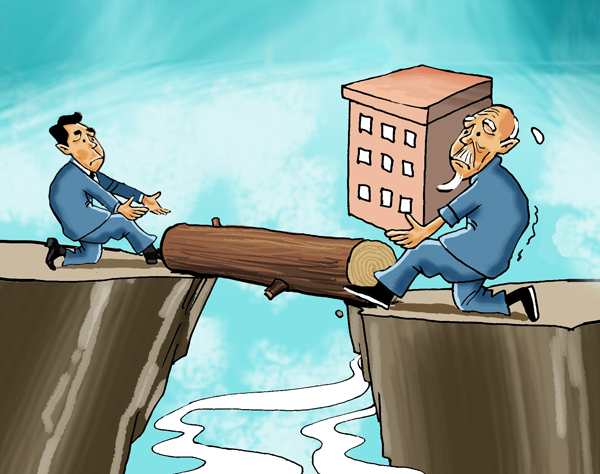 |
|
Photo by Yin Zhengyi for China Daily |
Next generation prepares to take over family enterprises, reports Yu Ran in Shanghai.
China's family businesses - which first emerged around 30 years ago - are facing many hurdles as they attempt to enter a new era, and part of the path to progress involves passing on the baton to the next generation of entrepreneurs.
In late 2011, about 85.4 percent of the country's private-sector enterprises were classified as family businesses, with 75 percent of them set to enter a period of management transition from the founders to their children during the next five to 10 years, according to a First Family Enterprise Development report released by the All-China Federation of Industry and Commerce.
In the coming decade, an increasing number of family businesses will prepare to face that challenge. The process may be a turning point for China's real economy - the manufacturing and services sectors - which is dominated by privately owned family businesses.
"The current primary goals for these 'second-generation' family enterprises are business transformation and upgrades, sustainability, accumulation, preservation and the inheritance of family wealth," said Pedro Nueno, president of the China Europe International Business School, speaking at a CEIBS Second China Family Heritage Forum, called "Social Emotional Wealth and Family Governance".
Like a huge number of enterprises in Wenzhou, Zhejiang province, Pan Jianzhong's company is a family business, launched by his mother in 1988 when she paid just 5,000 yuan ($816) to take over a debt-ridden shoe factory.
Pan, 43, has been involved in the business since age 19, when he chose to work on the production line after graduating from Shanghai Clothing, Shoes and Hats School.
After spending 12 months on the production line, Pan started work as a buyer, looking to source the cheapest materials, crossing the city every day by motorcycle to minimize his traveling expenses.
He also spent time as a traveling salesman to introduce the company's products to larger footwear companies. "I still remember the hard times when I rode through the city streets from dawn to dusk to source leather, and when I trekked to other cities but only sold one pair of shoes after two days' hard work," he said.
To prove his reliability and aptitude for the work, 23-year-old Pan used his own money to buy a number of secondhand machines from a shoe factory in Qingdao, Shandong province. He used the machines as part of a three-month trial to make a point to his mother.
The machines, all fitted on a single production line, produced goods of higher quality than usual and reduced the production time by 20 percent. Impressed, Pan's mother bought more machinery, increasing workplace automation and enabling the company to reduce headcount.
"I believed the only way to increase the size of the company was to use machines to manufacture products of more-consistent quality in less time. My mother was quite conservative and afraid to take the risk of spending a large amount of money on expensive machinery, which she thought unlikely to bring in higher profits," said Pan.
Since then, the company, Juyi Group, has expanded and employs about 5,000 people in Wenzhou. It produces 12 million pairs of shoes a year for clients all over the world. The company operates 20 computer-guided stitching machines and dozens of laser printers that work at roughly 10 times the speed of the traditional handcrafting process, and with 50 percent fewer employees.









